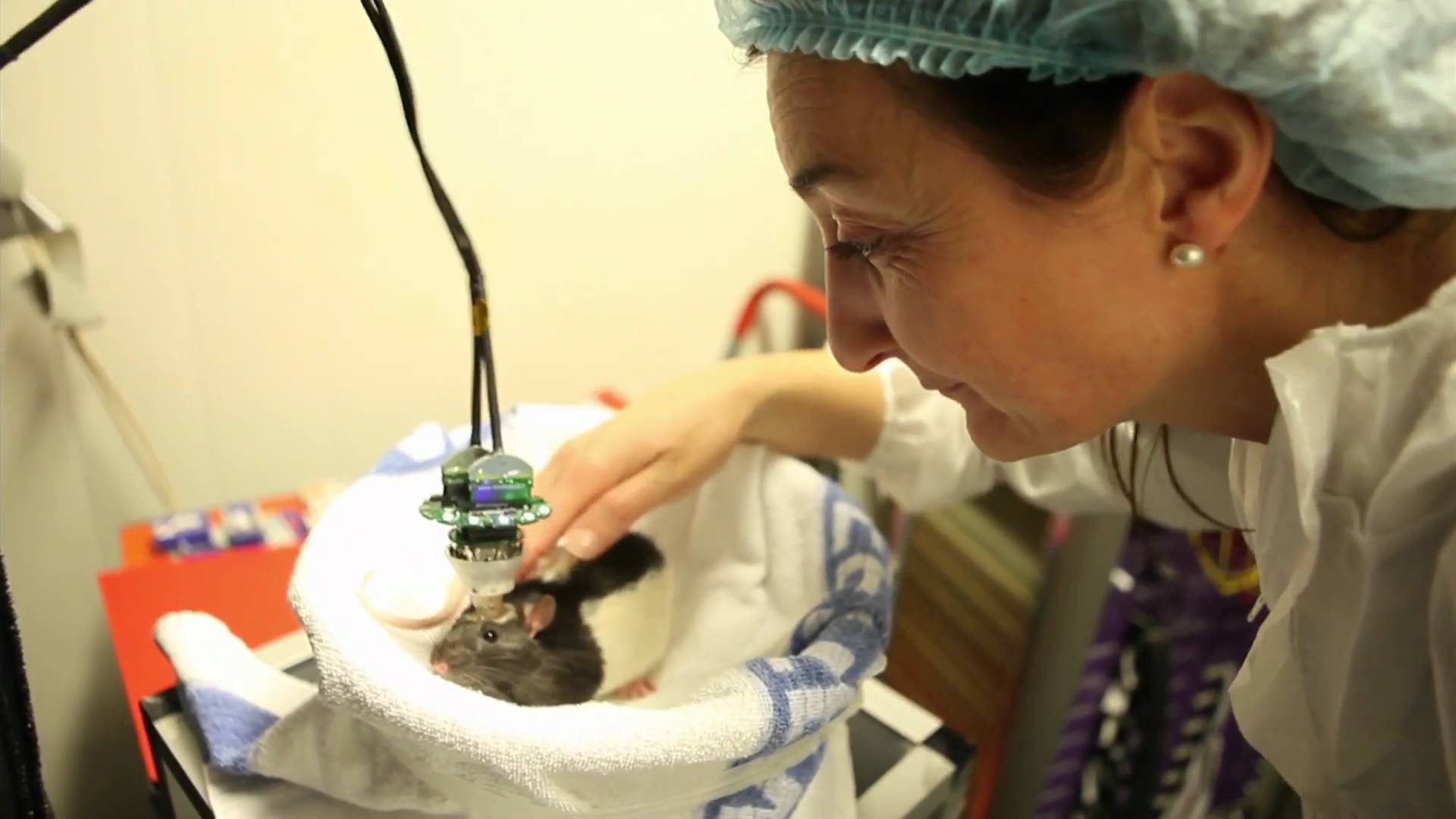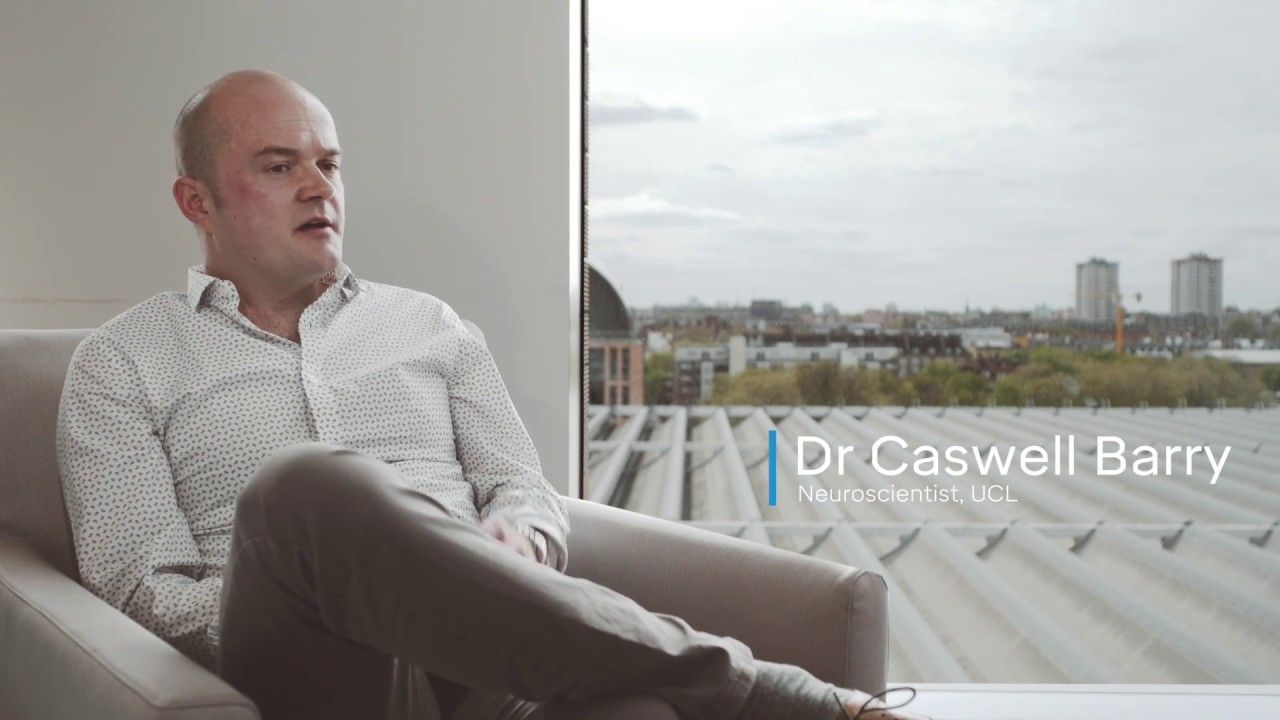When Google DeepMind researchers trained a neural network to tackle a virtual maze, it spontaneously developed digital equivalents to the specialized neurons called grid cells that mammals use to navigate. Not only did the resulting AI system have superhuman navigation capabilities, the research could provide insight into how our brains work.
Grid cells were the subject of the 2014 Nobel Prize in Physiology or Medicine, alongside other navigation-related neurons. These cells are arranged in a lattice of hexagons, and the brain effectively overlays this pattern onto its environment. Whenever the animal crosses a point in space represented by one of the corners these hexagons, a neuron fires, allowing the animal to track its movement.
Mammalian brains actually have multiple arrays of these cells. These arrays create overlapping grids of different sizes and orientations that together act like an in-built GPS. The system even works in the dark and independently of the animal’s speed or direction.











